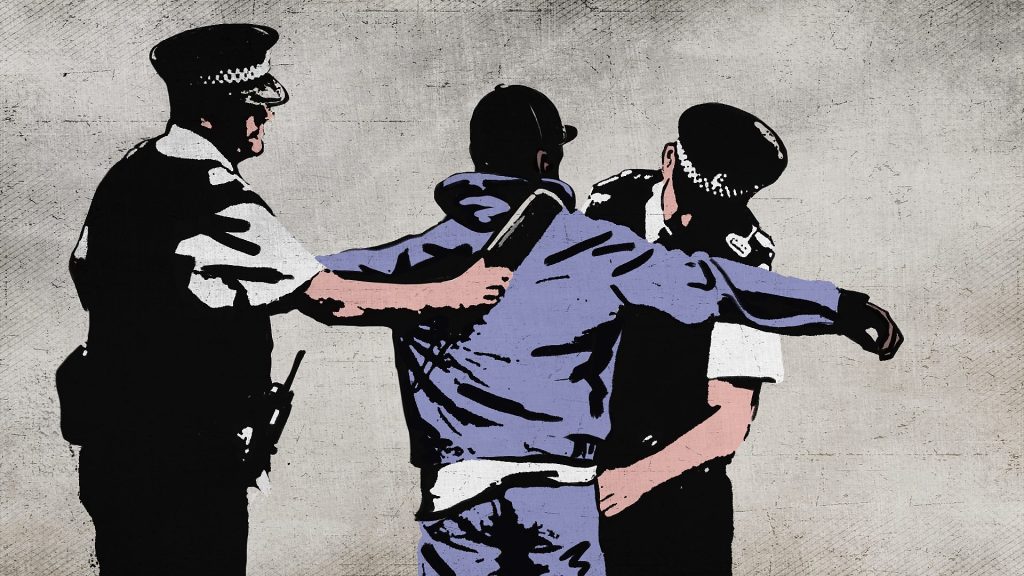Legal Framework
In the UK, stop and search powers are primarily governed by the Police and Criminal Evidence Act 1984 (PACE), along with the Misuse of Drugs Act 1971, the Terrorism Act 2000, and the Criminal Justice and Public Order Act 1994. Under PACE, officers must have “reasonable grounds” to suspect that a person is carrying illegal drugs, weapons, stolen property, or items that could be used to commit a crime. These grounds must be based on objective facts, information, and/or intelligence.
Misuse and Disproportionate Impact
Despite the clear legal framework, stop and search practices have faced criticism for misuse and disproportionately targeting individuals from lower socio-economic backgrounds and ethnic minorities. Data consistently shows that Black and minority ethnic individuals are more likely to be stopped and searched compared to their white counterparts, often without sufficient justification.
Community Perceptions
- Distrust in Law Enforcement: Communities from lower socio-economic backgrounds often perceive stop and search as discriminatory and intrusive. Frequent and seemingly unjustified stops can erode trust in the police, leading to a breakdown in community relations.
- Feeling Targeted: Many individuals in these communities feel they are unfairly targeted based on their socio-economic status and ethnicity, rather than any genuine suspicion of wrongdoing. This perception can lead to feelings of alienation and resentment.
- Impact on Youth: Young people, particularly from disadvantaged backgrounds, often report negative experiences with stop and search. They may feel criminalized simply due to their appearance or where they live, impacting their view of the justice system and their place in society.
Moving Forward
To address these issues, it is crucial to ensure that stop and search practices are conducted fairly, transparently, and with accountability. Policymakers and law enforcement agencies must engage with affected communities to rebuild trust, ensure proper training for officers, and rigorously monitor the use of stop and search to prevent misuse. By doing so, we can work towards a more equitable system that upholds public safety without alienating the very communities it aims to protect.
Written by Fidel Bonnah

